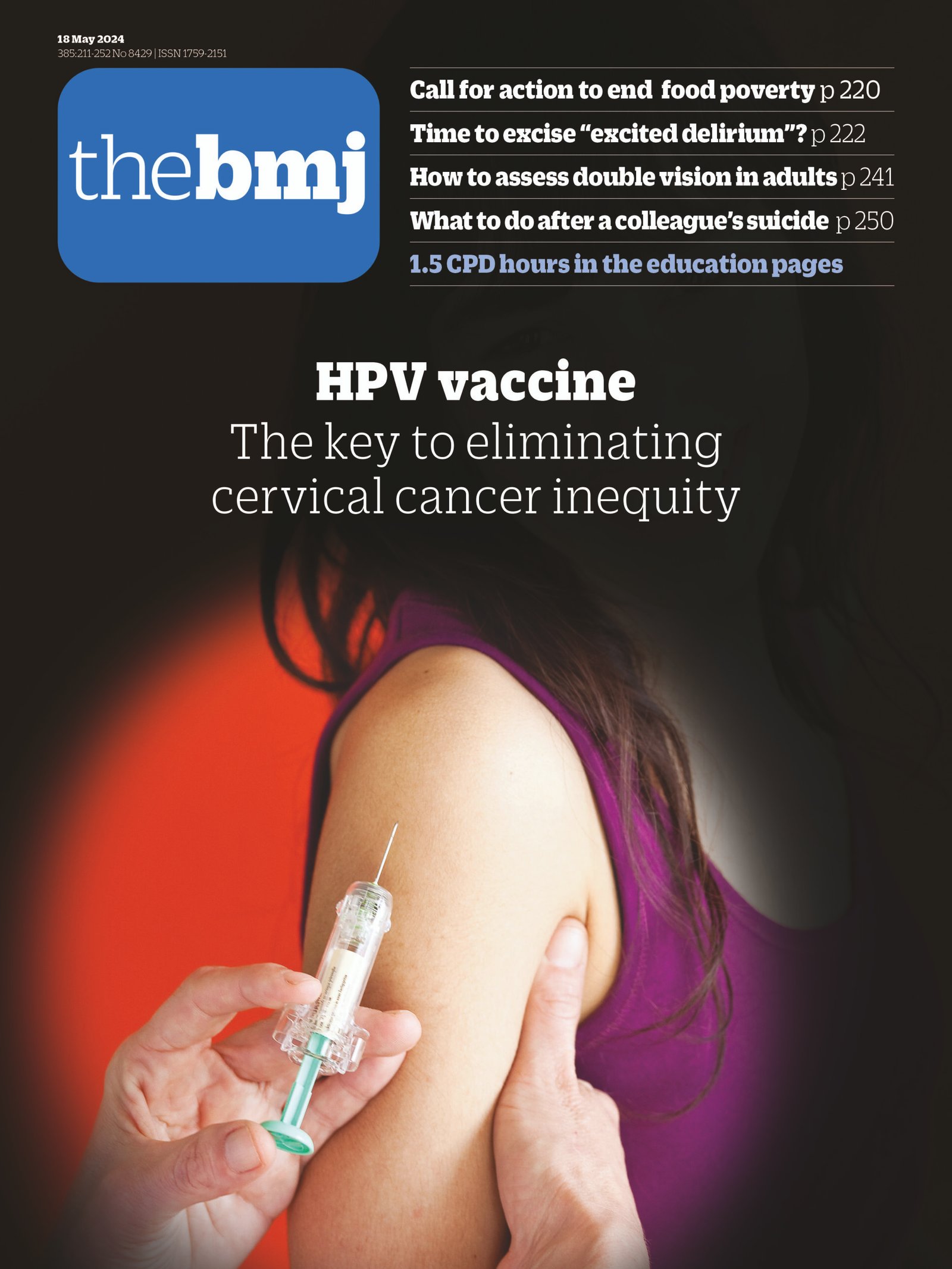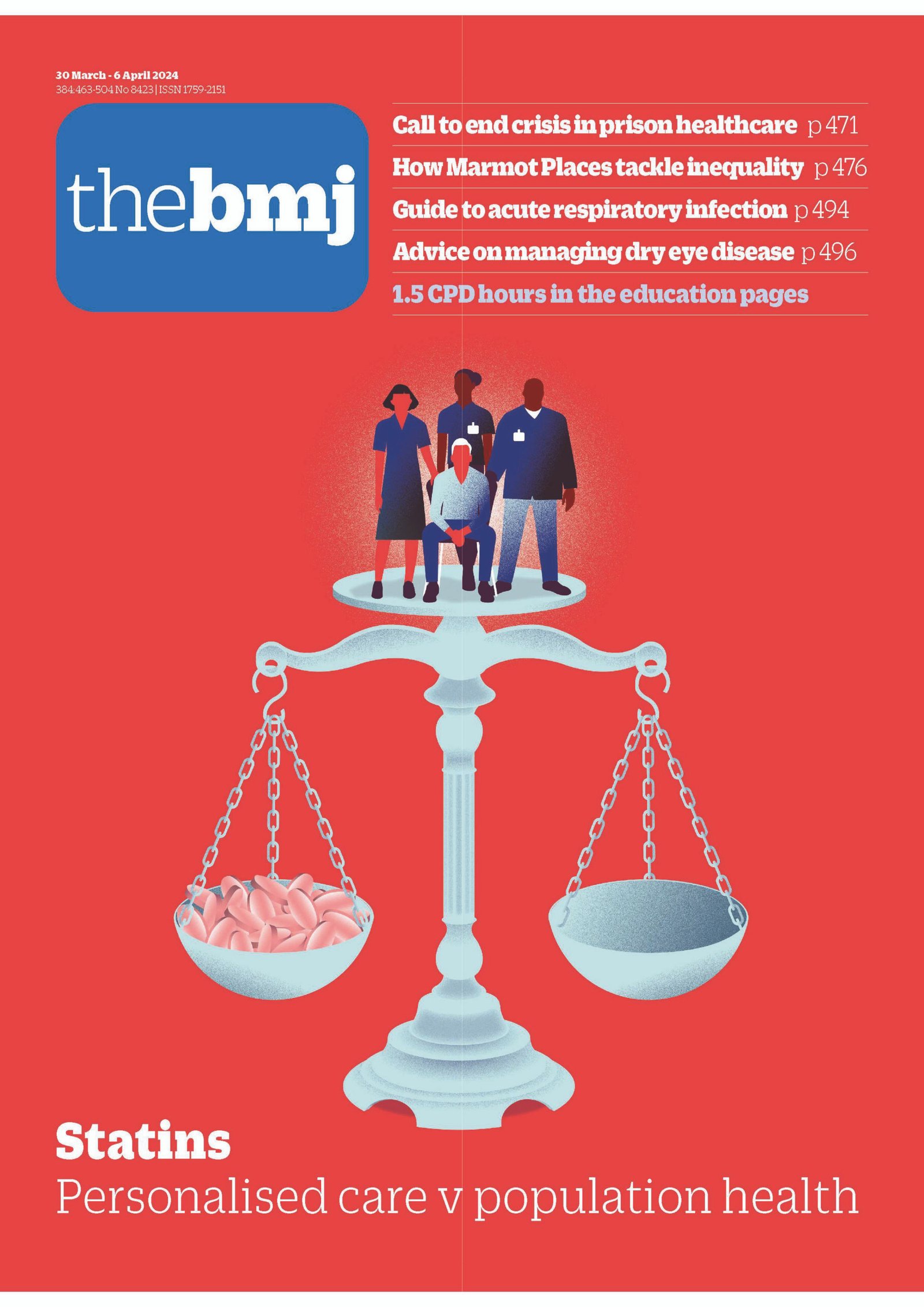- Yodi Mahendradhata, professor in health policy and management
On 20 March 2024, defence minister Prabowo Subianto was declared the next president of Indonesia.1 There is concern among medical and public health communities in Indonesia that the outcome of the presidential election will bring challenging times for evidence informed health policy making.
Subianto has shown notable changes in his ideological positions, persuasive techniques, and electoral tactics over his 30 year career in politics. He recently shifted from being a nationalist and populist to a technocratic leader with populist tendencies.2 Populism prioritises making direct appeals to the general population and disregarding established institutions and expert viewpoints. This tends to result in policies that are less rooted in evidence.3 His campaign strategy oversimplified complex political issues and their solutions. One of his top priorities is providing free lunches for school children to reduce malnutrition.4 He also proposed tripling the number of medical schools from 92 to 300 to alleviate the shortage of doctors in remote regions.5 These two programmes indicate how his presidency might hinder evidence informed health policy making in Indonesia, reinforcing the importance of the medical and public health community taking action to protect it.

The free lunch programme is a simplistic and unsubstantiated populist answer to the complex issue of growth stunting in Indonesia. According to one estimation, the programme’s cost would be a minimum of Rp400tn (£19.7bn; €23bn; $25bn), which is equivalent to 1.9% of the country’s gross domestic product.6 The high expense and large scale of the programme would strain the state’s budget and undermine its viability.6
The programme’s expected effect on malnutrition among children in Indonesia is doubtful. Stunting has been a considerable and persistent health problem in the country, and many provinces continue to have a higher prevalence of stunting than the worldwide average.7 But the rate of stunting among children in Indonesia has decreased over the past 20 years,8 and the ministry of health recently reported that it fell to 21.6% in 2022.9
Stunting in Indonesia is linked to individual features of children, but also to characteristics of their families and communities.1011 Programmes aimed at reducing stunting in low and middle income countries are most effective when implemented through community service delivery systems that include active community engagement within and outside the health sector.12 Countries such as Indonesia need a comprehensive roadmap to effectively decrease the prevalence of child stunting on a large scale including diagnostic assessments, engaging with relevant stakeholders, and implementing direct and indirect nutrition interventions in health and other sectors. The limited potential effects and associated cost of the free lunch programme means it is not a feasible or cost effective solution.
The president elect’s plan to triple the number of medical schools is an oversimplified response to the complex issue of the shortage of medical doctors in rural and remote areas, where approximately 11% of Indonesia’s population live.1314 A comprehensive approach is needed—this should involve selecting medical students from rural backgrounds, educating them on rural healthcare, offering scholarships with the requirement to serve in rural areas after graduation, providing support for rural living, and ensuring adequate funding for rural healthcare systems.14 Indonesia’s medical workforce in remote areas could also be expanded by increasing the number of remote clerkships during training and hiring more doctors for remote internships.13
Establishing a new medical school in Indonesia, or anywhere, requires substantial investment. Medical schools in Indonesia currently generate 10 000 to 12 000 doctors every year15—enough to meet the projected overall shortage of 50 000 doctors in the next five years for all provinces in Indonesia. There is no need to establish new medical schools, nor should medical schools be set up in haste or without careful consideration. The rapid and extensive creation of new medical schools proposed by Subianto could reduce the quality of medical education with dire consequences. The limited benefit and high risk of large scale expansion of medical schools suggest it is not a viable solution to improving availability of doctors in rural and remote areas of Indonesia.
The election of Subianto as a populist president could have substantial effects on evidence informed policy making in Indonesia, but this will ultimately be determined by multiple factors. As challenging times approach, medical and public health communities must prepare to work more intensely with advisory teams, judicial authorities, legislative bodies, regulatory agencies, civil society, and the media to support evidence informed policy making. This could involve a range of integrated strategies. Providing customised training sessions can greatly improve the comprehension of intricate medical and public health information among policy makers, legislators, and judicial members. Periodic briefings for legislative and regulatory authorities are essential to ensure that they are well informed about the most recent public health research and developing health issues. Engaging in advisory panels or committees that directly collaborate with government agencies and legislative bodies can be useful in offering well founded recommendations. Providing community and civil society groups with the required data and evidence to properly support initiatives that promote health is vital. Furthermore, actively collaborating with the media to distribute research findings and establish their relevance in ongoing policy debates is crucial to promote wider comprehension and endorsement of evidence based health policies.
Footnotes
-
Provenance and peer review: Commissioned; not externally peer reviewed.
-
Authorship: YM confirms sole responsibility for conception, manuscript preparation, revision, and finalisation.
-
Contributorship: ChatGPT 4 (chat.openai.com) was used to assist in developing the initial structure of the discussion on potential impacts of populism on evidence-informed health policy process. Quillbot AI (https://quillbot.com/) was used to assist in editing and rephrasing the initial texts of the manuscript as the author is a non-native English speaker.
-
Competing interests: none declared.










